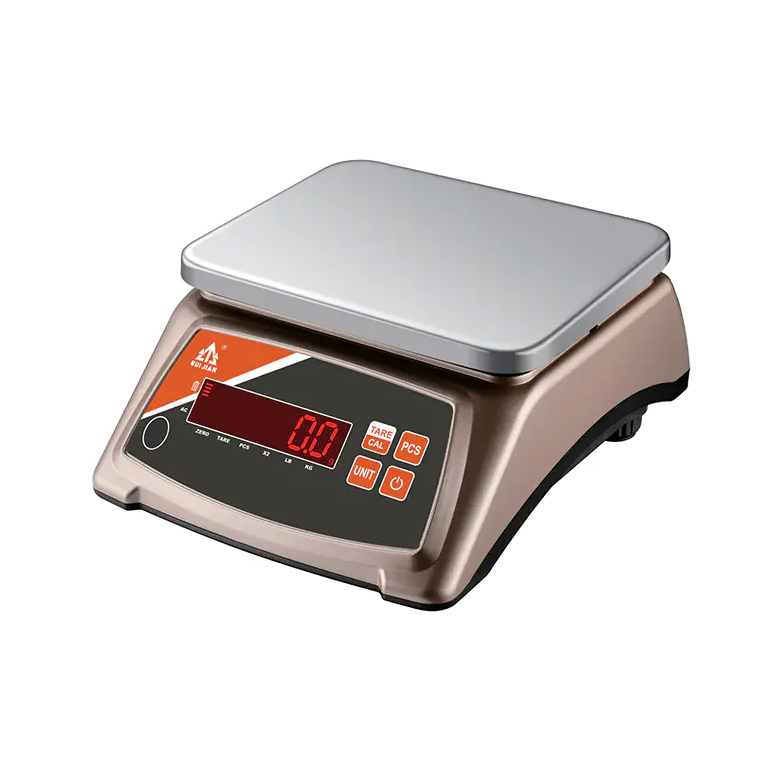Response Speed and Stability of Commercial Electronic Scales

Impact on Commercial Efficiency
In commercial settings such as supermarkets, retail stores, and food processing facilities, the Commercial Electronic Scale is a critical tool for accurate weighing and pricing. Response speed determines how quickly the scale can display a stable reading after an item is placed on the platform. Slow response times can delay operations, create queues, and reduce efficiency. Stability ensures that the displayed measurement does not fluctuate, maintaining transaction accuracy and customer trust.
Factors Affecting Response Speed
Response speed is influenced by multiple factors, including load cell sensitivity, internal processing algorithms, and the quality of electronic components. High-quality load cells detect weight changes quickly and accurately. Advanced digital processing stabilizes readings rapidly, minimizing oscillations. Commercial Electronic Scales with optimized electronics deliver fast and reliable measurements, even for small or lightweight items, ensuring smooth workflow in busy commercial environments.
Stability Under Varying Loads
Stability refers to the ability of the scale to maintain a consistent reading without fluctuations, even under changing conditions. Factors such as uneven weight distribution, vibrations, or external disturbances can affect stability. A well-designed Commercial Electronic Scale incorporates damping mechanisms, precision sensors, and stable platforms to minimize measurement errors. Stable readings improve transaction accuracy and prevent disputes over weight-based pricing.
Environmental and Operational Considerations
Environmental conditions such as vibrations, air currents, or uneven surfaces can impact both response speed and stability. Commercial electronic scales designed with anti-vibration mounts, sturdy platforms, and protective casings perform better in challenging environments. Additionally, scales that compensate for temperature variations or electrical noise maintain consistent performance across different operational conditions, ensuring reliability and accuracy.
Technological Enhancements
Modern Commercial Electronic Scales integrate digital filters, automatic stabilization algorithms, and high-speed microcontrollers to enhance response and stability. Features such as tare functions, auto-zeroing, and rapid sampling rates further improve operational efficiency. These technological advancements allow operators to handle high transaction volumes without sacrificing measurement precision or speed.
Maintenance and Calibration
Regular maintenance and calibration are essential to sustain response speed and stability. Clean load cells, properly aligned platforms, and periodic calibration prevent drift and ensure accurate readings over time. Following manufacturer guidelines helps maintain the high performance of a Commercial Electronic Scale, reducing downtime and operational disruptions.
Conclusion
The response speed and stability of a Commercial Electronic Scale are crucial for accuracy, efficiency, and customer satisfaction in commercial operations. High-quality load cells, precise electronic processing, and robust design features ensure rapid stabilization and reliable readings. Technological enhancements, coupled with proper maintenance and calibration, optimize performance, making these scales indispensable tools for modern retail and industrial environments. Investing in scales with superior response and stability enhances operational workflow, minimizes errors, and supports consistent, dependable performance.
- Art
- Causes
- Crafts
- Dance
- Drinks
- Film
- Fitness
- Food
- Jocuri
- Gardening
- Health
- Home
- Literature
- Music
- Networking
- Alte
- Party
- Religion
- Shopping
- Sports
- Theater
- Wellness


